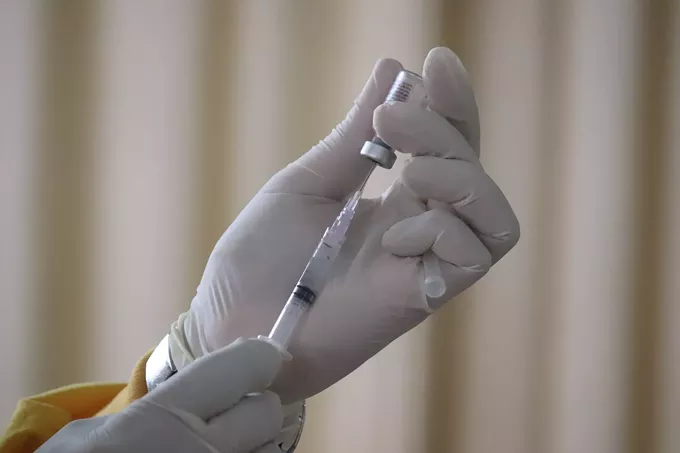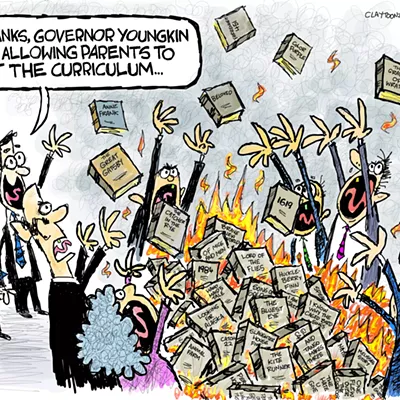Tuesday, October 19, 2021
UA health official: Unvaccinated 'very likely,' to get COVID, thanks to delta variant
Associate Professor Deepta Bhattacharya joined the University of Arizona status update on Monday, Oct 19, to highlight new vaccine research and discuss the controversial debate over booster shots.
Before the delta variant mutated from the original COVID-19, the coronavirus mRNA Pfizer and Moderna vaccines had extremely high efficacy. Bhattacharya said the vaccines made people 20 times less likely to get infected than unvaccinated individuals. Delta lowered vaccine efficacy to where vaccinated individuals are now two to five times less likely to get COVID.
According to Bhattacharya, this is due to the delta’s high transmissibility. The delta variant is two to three times more transmissible than the original virus. Bhattacharya warned delta has completely changed the game for the unvaccinated.
“A year ago you might imagine that there were some scenarios if you’re careful if you mask, if you stay away from other people, you might be able to avoid the virus even if you hadn’t been vaccinated,” Bhattacharya said. “I don’t think with the transmissibility of delta as it is right now that is very likely, eventually, the virus will get you if you are not vaccinated.”
Pima County is still considered to be a highly transmissible area, according to the Pima County Health Department. Dr. Joe Gerald from the University of Arizona reported in his weekly COVID-19 update that as of Oct 3, the highest cases of infection are coming from the 15 to 24 age group. The lowest COVID cases are coming from the age group of 65 and older. This group has the highest rate of vaccination.
New research is showing the vaccines are reducing transmission of the virus, including the delta variant. Bhattacharya said a contact tracing study revealed vaccinated individuals are two-thirds less likely than an unvaccinated person to transmit the virus to someone else.
“If people are worried about rare side effects of the vaccine, the reality is that the virus is far more likely to cause problems than the vaccine,” Bhattacharya said.
As vaccine efficacy slips, the U.S. Food and Drug Administration and Centers for Disease Control are currently deciding on their recommendations for booster shots. The FDA formally recommended the Pfizer booster shots to people in high-risk categories on Sept 22. Six months after receiving both shots people 65 and older, people 18 and older at risk of severe COVID, or those with occupations who are exposed to COVID can receive a third booster shot.
Bhattacharya said the FDA and CDC met for advisory committees last week recommending Johnson & Johnson and Moderna booster doses for those high-risk categories. The FDA has not made a formal recommendation yet.
“As far as the boosters go we know the antibodies rise by a lot and that correlates reasonably well with the efficacy so your immune response revs up,” Bhattacharya said.
Mixed data on the boosters have made it difficult for the FDA to make a formal recommendation, however, they certainly reduce post-vaccination infections.
“The CDC director had a nice statement about this, ‘Walk, don’t run for that booster’,” Bhattacharya said.














